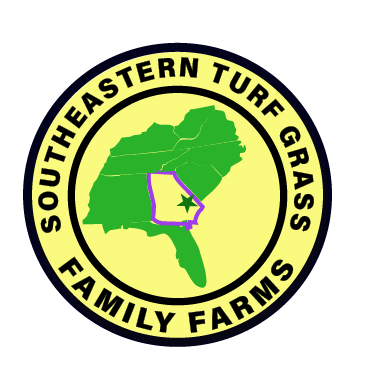When considering sod options for sloped areas, Bermuda Tiffway 419 is an excellent choice, particularly for its ability to combat soil erosion caused by heavy rainfall. This hybrid Bermuda grass variety is renowned for its dense growth habit, which creates a robust mat that holds soil in place and significantly reduces the risk of erosion.
Bermuda Tiffway 419 features a deep root system that enhances its ability to absorb water, making it more resilient during intense rain events. This characteristic not only protects the soil but also promotes improved drainage, reducing the likelihood of water pooling and further erosion.
Additionally, Tiffway 419 is recognized for its exceptional drought tolerance and adaptability to diverse soil types, making it an ideal choice for a wide range of landscapes. Its aggressive growth and quick establishment also ensure that it covers the slope rapidly, providing immediate erosion control.
In summary, for anyone seeking an effective solution for erosion control on slopes prone to heavy rainfall, Bermuda Tifway 419 stands out as a superior option. Its unparalleled strength, resilience, and fast establishment make it a strategic choice for maintaining both the integrity of the landscape and the health of the surrounding environment.
Centipede grass (Eremochloa ophiuroides) is a popular warm-season turfgrass known for its low maintenance requirements and adaptability to various soil conditions. However, when considering its effectiveness in reducing erosion on slopes, particularly in the context of hard rain, it is essential to evaluate several factors.
Centipede grass has a relatively shallow root system compared to other grass species, which can limit its ability to anchor soil effectively. While it does establish a dense mat of grass, this characteristic alone may not provide sufficient resistance against severe erosion caused by heavy rains, especially on steep slopes.
For effective erosion control, grasses with more profound and more extensive root systems, such as Bermuda tifway 419, fescue or zoysia, are often recommended. These species are better suited to hold soil in place during intense rainfall events. Additionally, implementing techniques like contour planting, terracing, or incorporating other erosion control measures (such as erosion control blankets or geotextiles) can enhance the stability of slopes and reduce soil loss.
In summary, while centipede grass can contribute to preventing erosion in mild conditions, its performance on slopes subjected to hard rain may be limited. It is advisable to consider a combination of grass species and erosion control strategies to achieve optimal results in managing slope stability and erosion.
